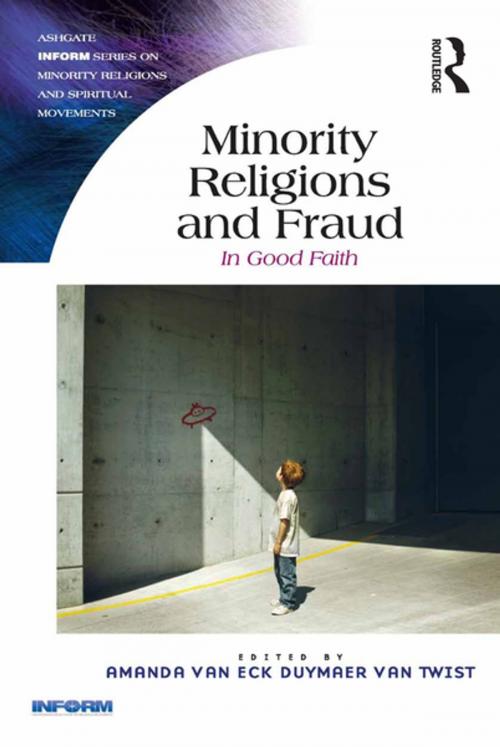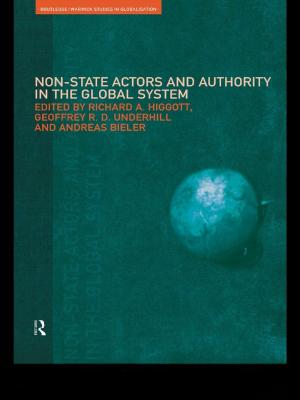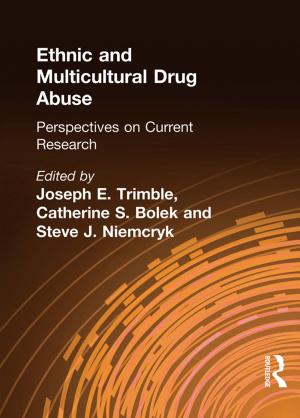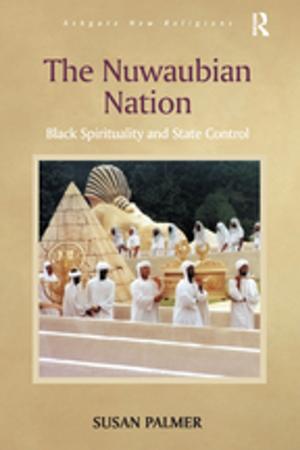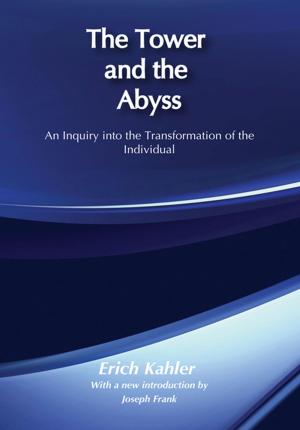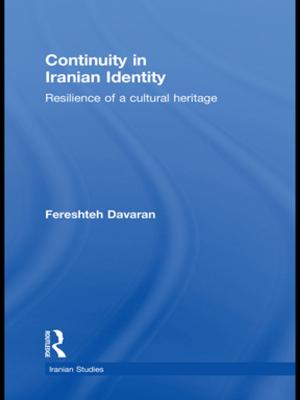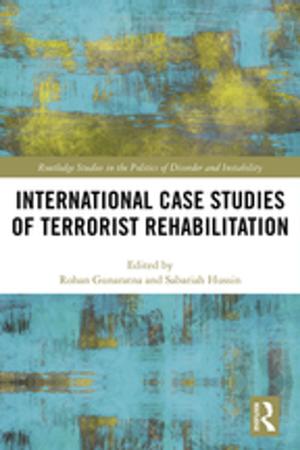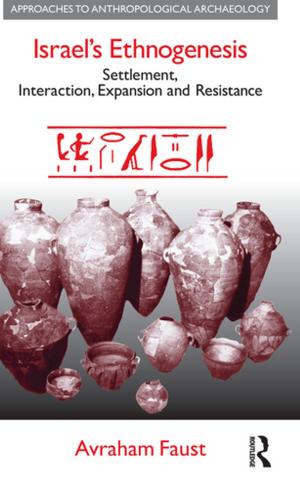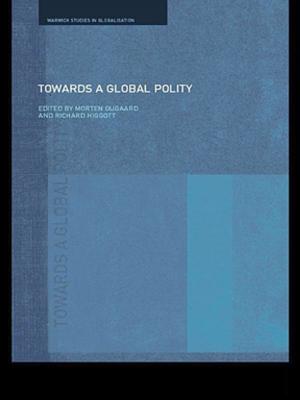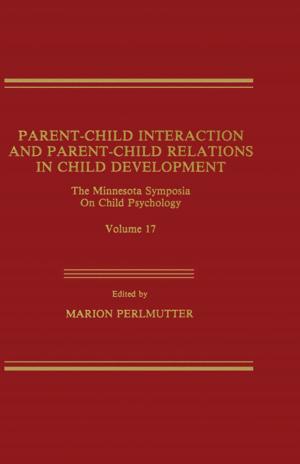Minority Religions and Fraud
In Good Faith
Nonfiction, Religion & Spirituality, Reference, Comparative Religion, Social & Cultural Studies, Social Science| Author: | ISBN: | 9781317095736 | |
| Publisher: | Taylor and Francis | Publication: | April 22, 2016 |
| Imprint: | Routledge | Language: | English |
| Author: | |
| ISBN: | 9781317095736 |
| Publisher: | Taylor and Francis |
| Publication: | April 22, 2016 |
| Imprint: | Routledge |
| Language: | English |
Analysing both fraud and religion as social constructs with different functions and meanings attributed to them, this book raises issues that are central to debates about the limits of religious toleration in diverse societies, and the possible harm (as well as benefits) that religious organisations can visit upon society and individuals. There has already been a lively debate concerning the structural context in which abuse, especially sexual abuse, can be perpetrated within religion. Contributors to the volume proceed from the premise that similar arguments about ways in which structure and power may be conducive to abuse can be made about fraud and deception. Both can contribute to abuse, yet they are often less easily demonstrated and proven, hence less easily prosecuted. With a focus on minority religions, the book offers a comparative overview of the concept of religious fraud by bringing together analyses of different types of fraud or deception (financial, bio-medical, emotional, breach of trust and consent). Contributors examine whether fraud is necessarily intentional (or whether that is in the eye of the beholder); certain structures may be more conducive to fraud; followers willingly participate in it. The volume includes some chapters focused on non-Western beliefs (Juju, Occult Economies, Dharma Lineage), which have travelled to the West and can be found in North American and European metropolitan areas.
Analysing both fraud and religion as social constructs with different functions and meanings attributed to them, this book raises issues that are central to debates about the limits of religious toleration in diverse societies, and the possible harm (as well as benefits) that religious organisations can visit upon society and individuals. There has already been a lively debate concerning the structural context in which abuse, especially sexual abuse, can be perpetrated within religion. Contributors to the volume proceed from the premise that similar arguments about ways in which structure and power may be conducive to abuse can be made about fraud and deception. Both can contribute to abuse, yet they are often less easily demonstrated and proven, hence less easily prosecuted. With a focus on minority religions, the book offers a comparative overview of the concept of religious fraud by bringing together analyses of different types of fraud or deception (financial, bio-medical, emotional, breach of trust and consent). Contributors examine whether fraud is necessarily intentional (or whether that is in the eye of the beholder); certain structures may be more conducive to fraud; followers willingly participate in it. The volume includes some chapters focused on non-Western beliefs (Juju, Occult Economies, Dharma Lineage), which have travelled to the West and can be found in North American and European metropolitan areas.
